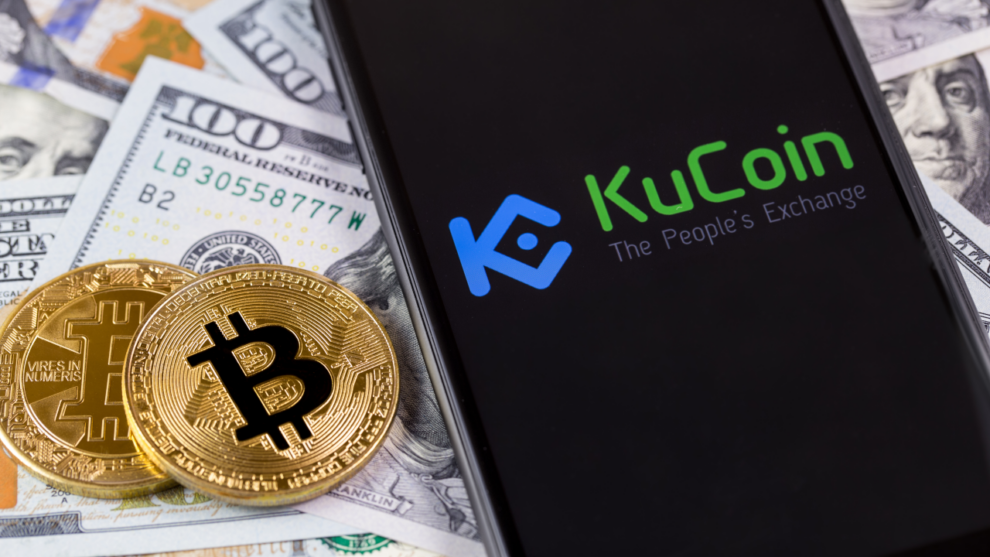The crypto world has been shaken by recent developments as U.S. regulatory bodies take unprecedented steps against KuCoin, accusing the popular cryptocurrency exchange of violating Anti-Money Laundering (AML) laws. This move underscores the U.S. government’s intent to enforce regulatory compliance across the burgeoning cryptocurrency sector, signaling a clear message to other platforms operating within and beyond its borders.
Key Highlights of the Case:
- The U.S. Department of the Treasury, leveraging the Financial Crimes Enforcement Network (FinCEN), the Office of Foreign Assets Control (OFAC), and IRS Criminal Investigation (CI), spearheaded this significant action.
- Allegations include KuCoin’s failure to implement effective programs to prevent and report suspicious activities linked to terrorism financing and money laundering.
- The penalties imposed on Binance, another major player in the crypto exchange realm, set a precedent with FinCEN and OFAC settling for violations akin to those alleged against KuCoin.
- The legal framework guiding these actions is rooted in the Bank Secrecy Act (BSA), highlighting the importance of compliance for financial institutions and exchanges.
A Closer Look at the Allegations and Legal Framework:
The case against KuCoin draws attention to the broader challenges within the cryptocurrency industry regarding regulatory compliance. The U.S. Treasury’s actions against Binance, resulting in the largest settlements in history for violations of U.S. AML and sanctions laws, serve as a backdrop to the unfolding KuCoin saga. Binance was accused of enabling transactions for terrorists, cybercriminals, and other illicit actors by neglecting legal obligations in pursuit of profit. This historic settlement included a $3.4 billion penalty by FinCEN and a $968 million settlement with OFAC, alongside a five-year monitorship and significant compliance undertakings.
Similar to Binance, KuCoin’s alleged failure to adhere to the BSA by not preventing transactions linked to criminal activities forms the crux of the U.S. government’s case. This underscores a growing trend of enforcement actions against cryptocurrency entities that do not comply with AML regulations. Notably, the CFTC has also charged various DeFi protocols for operating without proper licenses and violating AML rules.
The BSA, alongside FinCEN’s regulations, sets a strict regulatory framework for financial institutions, including cryptocurrency exchanges, to establish anti-money laundering programs and report suspicious activities. The global context of AML enforcement in the crypto sector has seen CipherTrace reporting a decrease in crypto-related crimes but an increase in regulatory scrutiny and compliance demands.
Implications and Future Outlook:
The charges against KuCoin mark a significant moment in the U.S. government’s efforts to regulate the cryptocurrency industry more strictly. They serve as a reminder of the critical need for crypto exchanges and other virtual asset service providers (VASPs) to ensure compliance with AML regulations and the BSA. As the crypto industry continues to evolve, the role of regulatory compliance becomes increasingly central in maintaining the integrity of financial systems and preventing the misuse of digital currencies for illicit purposes.








